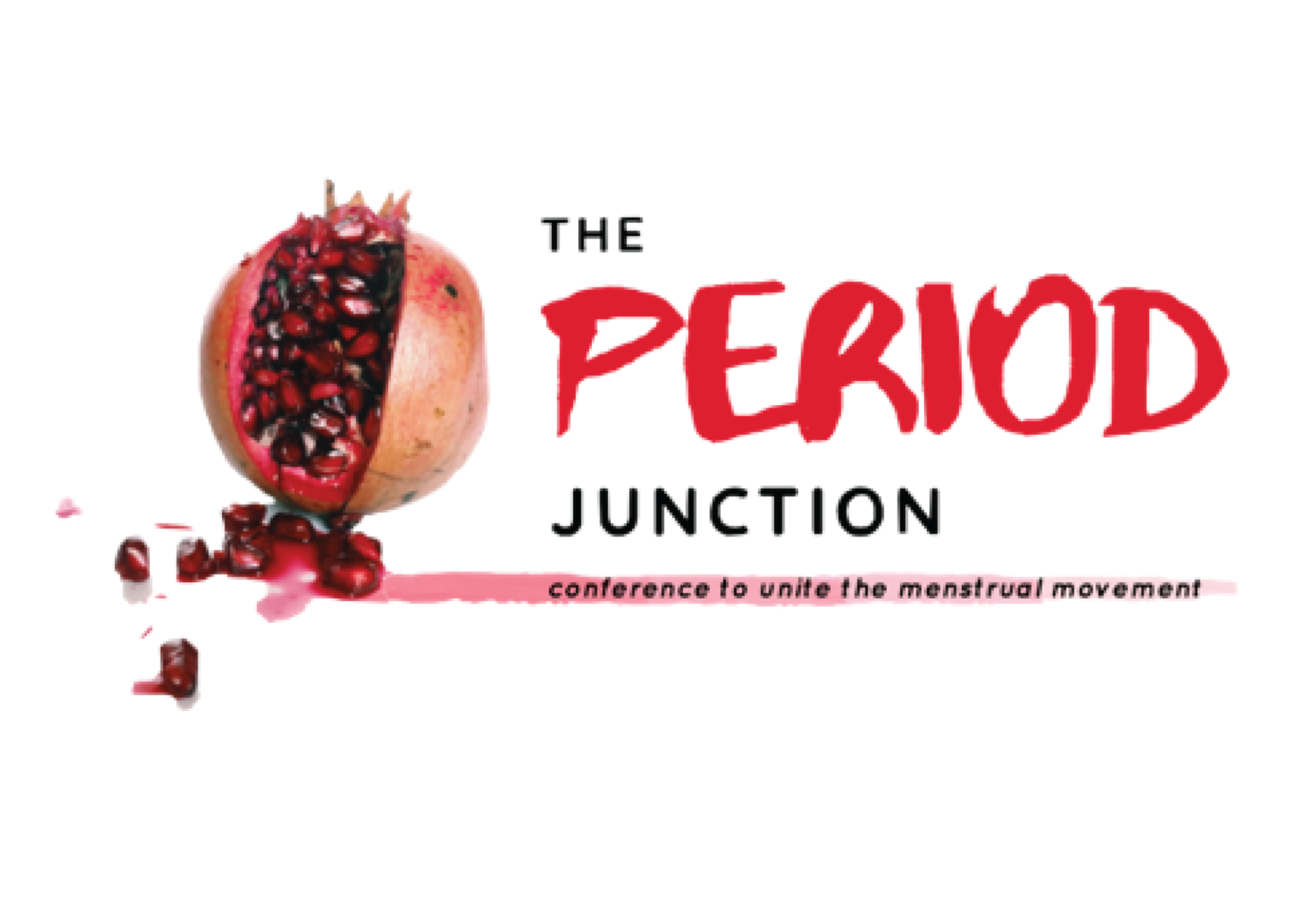Period Junction
First International Conference in Bengaluru (2020)
- When & Where: Held March 7–8, 2020 at Bangalore Veterinary College, Hebbal .
- Who participated: Founders of menstrual-health organizations, researchers, lawyers, doctors, volunteers, and government reps
- Why it matters: A holistic platform created to establish a unified coalition across India’s menstrual health movement—aimed at increasing impact through shared insights and resources .

Vision
Period Junction is a flagship initiative by Aarogya Seva—a global micro‑volunteer healthcare nonprofit—designed to unite stakeholders working in menstrual health. The program gathers professionals, NGOs, educators, government officials, and activists to share best practices, research insights, stories, and solutions in one collaborative environment.
Core Aims & Themes
Multi‑stakeholder Engagement Period Junction encourages dialogue between NGOs, activists, corporates, academia, and government, believing that unity enhances the scale and quality of menstrual hygiene work
Diverse Agenda
Previous events included panels on:
- Religion’s influence on menstruation
- Commodification of women’s health
- Engaging men in menstrual conversations
- Sustainability and education workshops
- Media, arts, and police involvement in menstrual health
Storytelling & Open Mic Events
Recent online events, including open‑mic sessions, have encouraged individuals to share personal experiences, debunk myths, and build community empathy around the topic indianexpress.com.
Registration OpenHow It Connects with Broader Menstrual Health Efforts
Period Junction aligns closely with national and global menstrual justice movements, echoing themes highlighted in Women Deliver conferences and UNESCO‑supported campaigns. These include inclusive dialogue, debunking taboos, and establishing menstrual health as a matter of public justice and dignity .
Key Impacts
- Network-building: Fostered collaborations that bridge NGO capacity gaps and enable shared project implementation.
- Awareness & education: Amplified menstrual dialogue through events, workshops, and public art campaigns.
- Cultural change: Encouraged male participation and reduced stigma via community stories and partner events.
Future Directions
- Scaling the movement: Hold more regional meet-ups and expand digital formats—like open‑mic experiences—to reach underrepresented voices.
- Policy influence: Use the outcomes to drive policy changes in school curricula, health systems, and awareness campaigns.
- Youth & rights focus: Prioritize adolescent engagement and ground efforts in menstrual justice frameworks.
Conclusion
Period Junction—Aarogya Seva’s pathbreaking initiative—has become an important spotlight in India’s menstrual health dialogue. By assembling diverse voices, fostering openness, and pioneering cross-sector collaborations, it has solidified its role as a catalyst for change. With evolving digital platforms and growing participation, Period Junction is poised to mold menstrual health practices and policy in India’s future.
